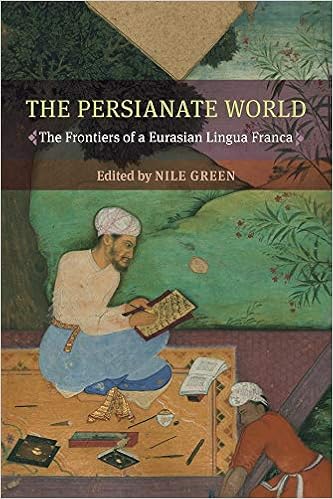"...the Imagination (or love, or sympathy, or any other sentiment) induces knowledge, and knowledge of an 'object' which is proper to it..."
Henry Corbin (1903-1978) was a scholar, philosopher and theologian. He was a champion of the transformative power of the Imagination and of the transcendent reality of the individual in a world threatened by totalitarianisms of all kinds. One of the 20th century’s most prolific scholars of Islamic mysticism, Corbin was Professor of Islam & Islamic Philosophy at the Sorbonne in Paris and at the University of Teheran. He was a major figure at the Eranos Conferences in Switzerland. He introduced the concept of the mundus imaginalis into contemporary thought. His work has provided a foundation for archetypal psychology as developed by James Hillman and influenced countless poets and artists worldwide. But Corbin’s central project was to provide a framework for understanding the unity of the religions of the Book: Judaism, Christianity and Islam. His great work Alone with the Alone: Creative Imagination in the Sufism of Ibn ‘Arabi is a classic initiatory text of visionary spirituality that transcends the tragic divisions among the three great monotheisms. Corbin’s life was devoted to the struggle to free the religious imagination from fundamentalisms of every kind. His work marks a watershed in our understanding of the religions of the West and makes a profound contribution to the study of the place of the imagination in human life.Search The Legacy of Henry Corbin: Over 800 Posts
Tuesday, December 18, 2018
The Persianate World
Green, Nile. [Ed.]
The Persianate World: The Frontiers of a Eurasian Lingua Franca.
University of Californai Press,
2019.
"Persian is one of the great lingua francas of world history. Yet despite its recognition as a shared language across the Islamic world and beyond, its scope, impact and mechanisms remain underexplored. A world historical inquiry into pre-modern cosmopolitanism, The Persianate World traces the reach and limits of Persian as a Eurasian language in a comprehensive survey of its geographical, literary, and social frontiers. From Siberia to Southeast Asia, and between London and Beijing, this book shows how Persian gained, maintained, and finally surrendered its status to imperial and vernacular competitors. Capturing the Persianate as process, fourteen essays trace Persian's interactions with Bengali, Chinese, Turkic, and Punjabi, to identify the forces that extended 'Persographia,' the domain of written Persian. Spanning the ages' expansion and contraction, The Persianate World offers a critical survey of both the supports and constraints of one of history's key languages of global exchange"
The Persianate world. Rethinking a shared sphere.
Abbas Amanat; Assef Ashraf [Eds.]
Leiden : Brill 2018.
Iran studies, 18.
"The Persianate World: Rethinking a Shared Sphere is among the first books to explore the pre-modern and early modern historical ties among such diverse regions as Anatolia, the Iranian plateau, Central Asia, Western Xinjiang, the Indian subcontinent, and southeast Asia, as well as the circumstances that reoriented these regions and helped break up the Persianate ecumene in modern times. Essays explore the modalities of Persianate culture, the defining features of the Persianate cosmopolis, religious practice and networks, the diffusion of literature across space, subaltern social groups, and the impact of technological advances on language. Taken together, the essays reflect the current scholarship in Persianate studies, and offer pathways for future research."
Subscribe to:
Post Comments (Atom)










No comments:
Post a Comment